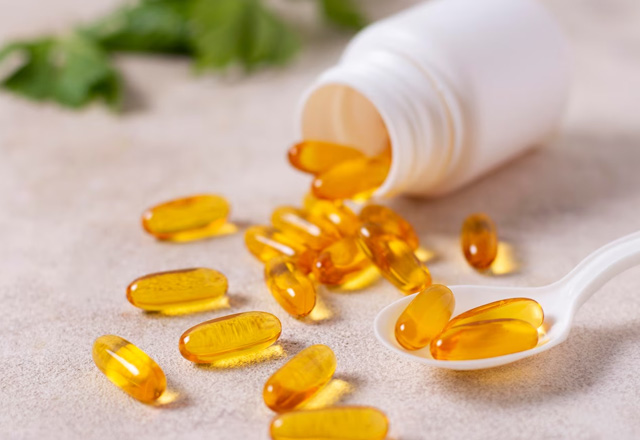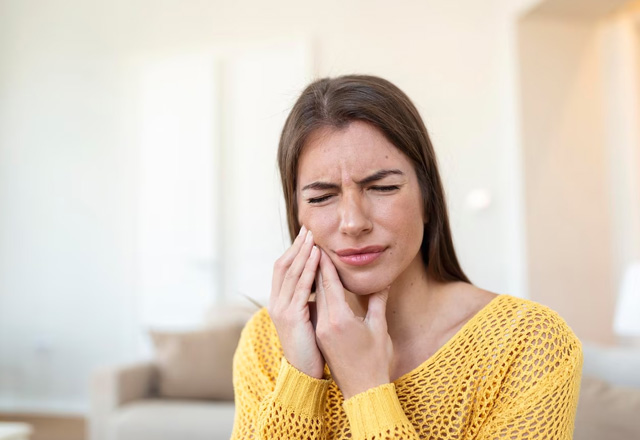
Vitamin B12, also known as cobalamin, is an essential nutrient that plays a crucial role in maintaining good health.
It is responsible for the production of red blood cells, DNA synthesis, and the proper functioning of the nervous system. Unfortunately, many people around the world are deficient in this vital vitamin, which can lead to a host of health problems. In fact, some studies suggest that as many as 15% of Americans may be B12 deficient. This is especially concerning given that the symptoms of B12 deficiency can often be mistaken for other health issues. Fortunately, there are several ways to ensure that you are getting enough B12 in your diet, including consuming animal-based foods such as meat, fish, and dairy products, or taking supplements. In this article, we will explore the importance of Vitamin B12, the risks of deficiency, and how to ensure that you are getting enough of this essential nutrient to maintain optimal health.
Functions of Vitamin B12 in the Body
Vitamin B12 plays a crucial role in many bodily functions. It is essential for the production of red blood cells, which carry oxygen throughout the body. B12 is also required for DNA synthesis, which is necessary for the growth and repair of cells. In addition, B12 is essential for the proper functioning of the nervous system. It helps to maintain the protective covering around nerve cells, which is necessary for the transmission of nerve impulses.
Signs and Symptoms of Vitamin B12 Deficiency
Vitamin B12 deficiency can lead to a host of health problems. The symptoms of B12 deficiency can often be mistaken for other health issues, which can make it difficult to diagnose. Some of the common symptoms of B12 deficiency include fatigue, weakness, pale skin, shortness of breath, tingling or numbness in the hands and feet, and a sore tongue. If left untreated, B12 deficiency can lead to more severe symptoms, such as depression, confusion, and memory loss.
Causes of Vitamin B12 Deficiency
There are several causes of Vitamin B12 deficiency. One of the most common causes is a lack of sufficient intake through the diet. B12 is found naturally in animal-based foods, such as meat, fish, and dairy products. Therefore, individuals who follow a vegan or vegetarian diet may be at risk of B12 deficiency. Other causes of B12 deficiency include certain medical conditions that affect the absorption of B12 in the body, such as pernicious anemia, Crohn's disease, and celiac disease. Additionally, certain medications can interfere with the absorption of B12, such as proton pump inhibitors and metformin.
Who is at Risk of Vitamin B12 Deficiency?
Certain individuals may be at a higher risk of Vitamin B12 deficiency. This includes individuals who follow a vegan or vegetarian diet, as plant-based foods do not contain B12. Older adults are also at a higher risk of B12 deficiency, as the body's ability to absorb B12 decreases with age. Individuals with certain medical conditions, such as pernicious anemia, Crohn's disease, and celiac disease, may also be at a higher risk of B12 deficiency. Additionally, individuals who have undergone gastrointestinal surgery may be at a higher risk of B12 deficiency.
Diagnosis of Vitamin B12 Deficiency
Diagnosing Vitamin B12 deficiency can be challenging, as the symptoms can often be mistaken for other health issues. A blood test can be used to measure the levels of B12 in the body. Individuals who have a B12 deficiency will have low levels of B12 in their blood. In some cases, additional tests may be required to determine the cause of the deficiency.
Treatment of Vitamin B12 Deficiency
The treatment for Vitamin B12 deficiency depends on the underlying cause. If the deficiency is due to a lack of sufficient intake through the diet, increasing the consumption of animal-based foods or taking a B12 supplement can help to correct the deficiency. Individuals who have a medical condition that affects the absorption of B12 may require B12 injections or high-dose supplements. In some cases, surgery may be required to correct the underlying condition.
Sources of Vitamin B12 - Animal and Plant-based
Vitamin B12 is found naturally in animal-based foods, such as meat, fish, and dairy products. Beef liver and clams are particularly high in B12. Plant-based foods do not contain B12, but some fortified foods, such as cereals and plant-based milk, may contain added B12. However, the amount of B12 in fortified foods can vary, and it may not be enough to meet the recommended daily intake.
How to Ensure You're Getting Enough Vitamin B12 in Your Diet
To ensure that you are getting enough Vitamin B12 in your diet, it is important to consume animal-based foods, such as meat, fish, and dairy products. If you follow a vegan or vegetarian diet, it is important to take a B12 supplement or consume fortified foods that contain B12. The recommended daily intake of B12 for adults is 2.4 micrograms per day. However, the amount of B12 needed can vary depending on age, gender, and other factors. It is important to speak with a healthcare provider to determine the appropriate amount of B12 for your individual needs.
Vitamin B12 Supplements - Types and Dosages
Vitamin B12 supplements are available in several forms, including pills, lozenges, and injections. The type of supplement that is best for you will depend on your individual needs. Oral supplements are generally safe and effective, but they may not be suitable for individuals who have a medical condition that affects the absorption of B12. In these cases, injections or high-dose supplements may be required.
Conclusion - Importance of Vitamin B12 for Overall Health and Well-being
Vitamin B12 is an essential nutrient that plays a crucial role in maintaining good health. It is responsible for the production of red blood cells, DNA synthesis, and the proper functioning of the nervous system. Unfortunately, many people around the world are deficient in this vital vitamin, which can lead to a host of health problems. To ensure that you are getting enough B12 in your diet, it is important to consume animal-based foods or take a B12 supplement. If you suspect that you may be deficient in B12, it is important to speak with a healthcare provider to determine the appropriate course of treatment. By ensuring that you are getting enough B12, you can maintain optimal health and well-being.



